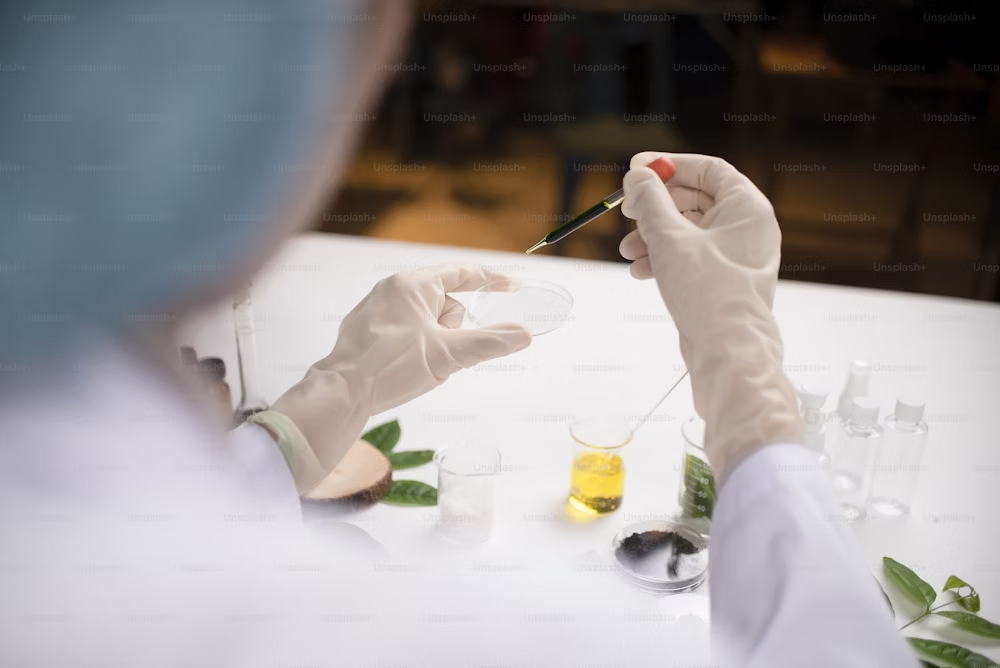Ph.D. in Chemical Science and Engineering: Introduction, Admission, Registration, Eligibility, Duration, Fees, Syllabus 2024

Introduction:
The Ph.D. in Chemical Science and Engineering is an advanced academic program that melds the principles of chemistry and engineering to solve complex problems and innovate new technologies. This degree is tailored for individuals aiming to lead research and development in areas such as energy solutions, pharmaceuticals, sustainable materials, and advanced chemical processing technologies. With a focus on both theoretical and applied aspects, the program equips graduates with the expertise to address global challenges and drive technological advancement.
Admission Process:
Gaining admission to a Ph.D. program in Chemical Science and Engineering typically involves the following steps:
- Application Submission: Candidates must submit a detailed application including a statement of purpose, curriculum vitae, and official transcripts.
- Prerequisites: A master's degree in chemistry, chemical engineering, or a related field is required. Exceptional candidates with a bachelor's degree and significant research experience may also be considered.
- GRE Scores: Most programs require GRE scores, with a strong emphasis on quantitative and analytical sections.
- Letters of Recommendation: At least three letters from academic or professional mentors familiar with the applicant's capabilities.
- Research Proposal: Applicants should present a research proposal that outlines their intended study area and potential contributions.
- Interview: An interview, often via video conference, with faculty members to discuss the candidate’s research interests and alignment with the program.
Eligibility:
The typical eligibility criteria for a Ph.D. in Chemical Science and Engineering include:
- Educational Background: A relevant master's degree with a strong academic record. In some cases, a bachelor’s degree with exceptional research experience.
- Research Experience: Demonstrable experience in research, particularly in chemical sciences or engineering.
- Technical Skills: Advanced knowledge in chemistry and engineering principles, including familiarity with laboratory techniques and computational tools.
- Analytical Abilities: Strong analytical and problem-solving skills.
- Motivation and Initiative: A clear motivation for pursuing advanced research and the ability to work independently.
- Communication Skills: Excellent communication skills, both written and verbal, are essential for success in academic and professional settings.
Completion Time:
The Ph.D. program generally takes between 4 to 6 years to complete. This timeframe includes coursework, comprehensive exams, research, and dissertation writing.
Career Opportunities:
Graduates of the program have a wide range of career opportunities:
- Academic Research and Teaching: Positions at universities and research institutions.
- Industrial Research: Leading R&D projects in chemical, pharmaceutical, or biotechnology companies.
- Government Laboratories: Developing public sector technologies and policies related to chemical safety and environmental protection.
- Technology Development: Innovating new chemical processes and materials for startups and established companies.
- Consultancy: Advising firms on chemical process optimization, safety, and sustainability.
- Regulatory Affairs Specialist: Ensuring compliance with environmental and safety regulations.
Syllabus:
The core curriculum may include advanced courses in:
- Advanced Thermodynamics and Kinetics
- Chemical Reaction Engineering
- Molecular Simulation Methods
- Polymer Science and Engineering
- Catalysis and Surface Science
- Sustainable Chemical Processes
Internship Opportunities:
Internships provide practical experience and networking opportunities:
- Industrial Placements: In chemical and pharmaceutical companies.
- Research Internships: In top academic and private research laboratories.
- Government Agencies: Internships in regulatory bodies or national laboratories.
- Environmental Consultancies: Practical experience in sustainability projects.
- Start-ups: Opportunities in innovative chemical start-ups focusing on green technologies.
Scholarships and Grants:
Funding for Ph.D. students may come from various sources:
- University Fellowships: Often include tuition waivers and stipends.
- Government Scholarships: For specific research projects of national interest.
- Corporate Sponsorships: From companies investing in research areas relevant to their industry.
- Private Research Grants: From foundations and trusts supporting scientific research.
- International Scholarships: For students studying abroad or from international organizations focusing on global research collaboration.
FAQs:
What distinguishes a Ph.D. in Chemical Science and Engineering?
It integrates advanced chemical science with engineering principles to address complex issues in technology and sustainability.
What are the key research areas in this Ph.D. program?
Key areas include sustainable energy, pharmaceuticals, advanced materials, and chemical process optimization.
What type of research opportunities are available to students?
Opportunities range from fundamental research in chemical processes to applied research in product development and sustainability.
Are there collaborative opportunities in the program?
Yes, many programs encourage collaboration with industry, government agencies, and international organizations.
How can I finance my Ph.D. studies?
Through university scholarships, government and private research grants, and corporate sponsorships.
